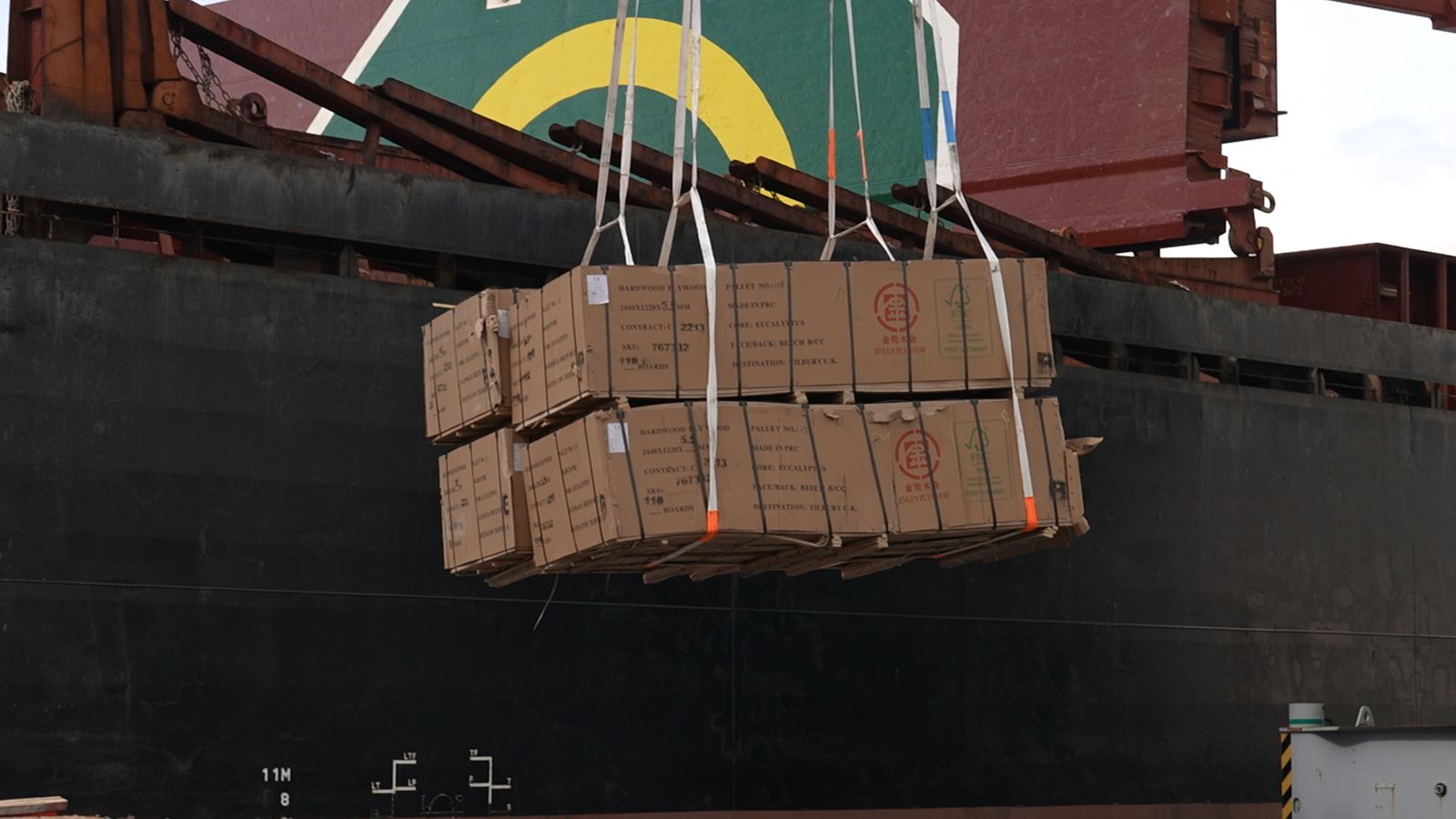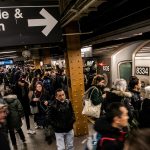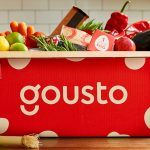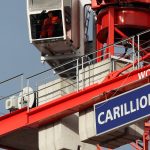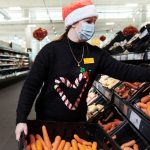At Portico docks in Portsmouth you can see the impact of the global supply chain squeeze in practice.
The Lintan, a 180 metre bulk carrier registered in Hong Kong, is at the dockside with its cargo of 15,000 pallets of plywood from China.
The plywood should have come in steel shipping containers but a worldwide shortage means they had to be stacked in the hold, and are now being unloaded by British stevedores one at a time.
Instead of being in Portsmouth for seven days, the Lintan will be here for seven weeks with knock-on effects felt around the world.
“While this ship is sat in port in the UK she’s not beginning all the other cargo from the Far East,” says Steven Williams, Portico’s operations director.
“She came with plywood this time but next time it could be cement, the time after that with breeze blocks. But none of that is moved. It’s stuck in the Far East waiting to come to the UK because she is stuck with me.”
The Lintan is one small example of the hitches in global trade caused primarily by the pandemic that have created a colossal problem for economies around the world and the UK in particular.
Two more household suppliers fail as wholesale energy prices hit new record levels
COVID-19: Number of employees on UK payrolls returns to pre-pandemic levels
Vacancies are at a record high: Which sectors have the biggest gaps to fill?
In a global system, trade disruption affects everyone and the impact of COVID-19, which caused a three-month production shutdown in China, was universal.
It left millions of empty containers in the wrong place.
Please use Chrome browser for a more accessible video player
Portico has spent months redistributing 5,000 “empties” around Europe – and as economies restarted this year demand has outstripped supply in multiple industries.
The UK however does have one specific, unique additional factor: Brexit.
While the decision to leave the European Union was taken long before anyone had heard of coronavirus, let alone caught it, the choice to press ahead with fundamental changes to the UK’s trading arrangements with its largest market with the pandemic in full swing, was not.
It has contributed in part to labour shortages, with many EU workers who left during the pandemic not returning, and others now unqualified for working visas.
And new red-tape in the shape of customs controls governing Europe, and a separate set of arrangements for Northern Ireland, have added cost and complexity.
Now, with shortages of labour and materials across the economy, and particularly acute in the vital logistics trade, the government has decided to pause the roll-out of new regulation.
While British businesses have faced full customs controls on exports to the EU since 1 January, EU exporters shipping to the UK have seen their goods waved through.
That was to end on October 1st but the deadline has now been pushed back to July next year.
The new checks, addressing issues of food safety and animal welfare, are technical. The motivation for putting them back fully 18 months after Brexit began are practical.
After months of warnings from business, Brexit minister Lord Frost has belatedly agreed that imposing them next month risked turning the supply chain problem into a crisis.
In what he called a “pragmatic” change, physical checks of animal and agricultural imports will not begin until July next year. Full Customs declarations for importers will be required from January, adding considerable red tape to what used to be a frictionless process.
There is another practical reason for the delay.
To operate and enforce the UK’s newfound control of its borders every substantial port, and a number of inland sites, require new Border Control Points (BCPs) capable of processing thousands of vehicles, and many of them are not ready.
In Portsmouth the new BCP, sited between Portico’s freight harbour and the international passenger terminal, is a skeleton of steel girders.
Originally scheduled to be operational earlier this year, it’s hoped it will be ready for the new deadline. One of the hold-ups, sources suggest without irony, is a global shortage of the truck-sized steel doors required.
Lord Frost said the new “systems, infrastructure and resourcing” would be ready on time, but thus far has refused to countenance mutually recognition of EU veterinary standards, a deal that would remove the need for most of the checks in Great Britain and Northern Ireland, but would require some EU legal oversight, and visa versa.
Many business groups are relieved at the pause, with some privately sceptical that the checks will ever be introduced.
For companies with European competitors, particularly in the food and drink sector, that would leave them at a permanent competitive disadvantage, facing checks on their exports that their rivals do not.
In the short term meanwhile, those at the sharp end of global supply warn that, even without new EU customs checks, the problems are here to stay.
“When you add together Brexit, COVID, container shortages, in 35 years in the industry I’ve never seen anything like this,” says Mr Williams.
And Christmas?
“Christmas is going to be difficult. I think people will struggle to get Christmas presents for their children because now the ships and the containers are all full.
“Usually at this time of year we are at a low level ready to build up for the Christmas peak, but there’s no spare capacity in the industry.”
